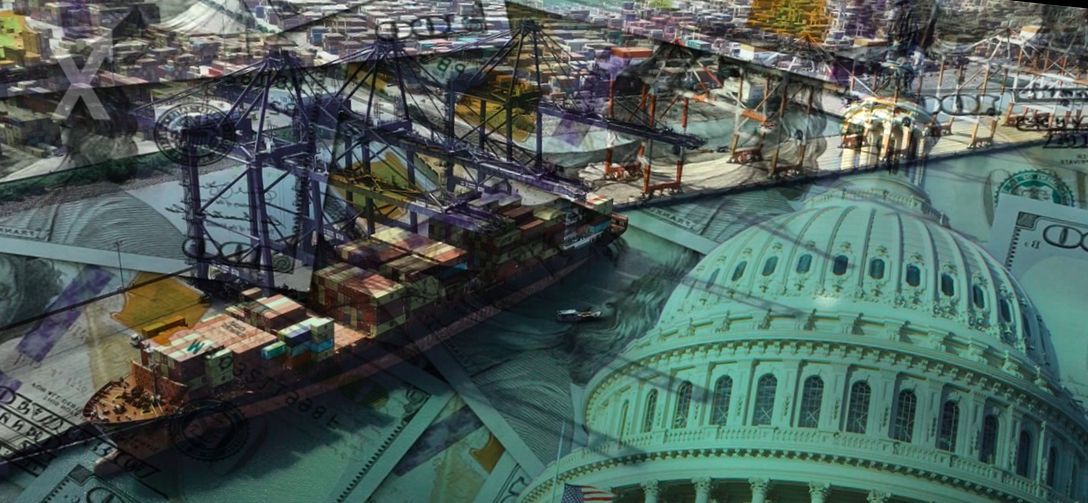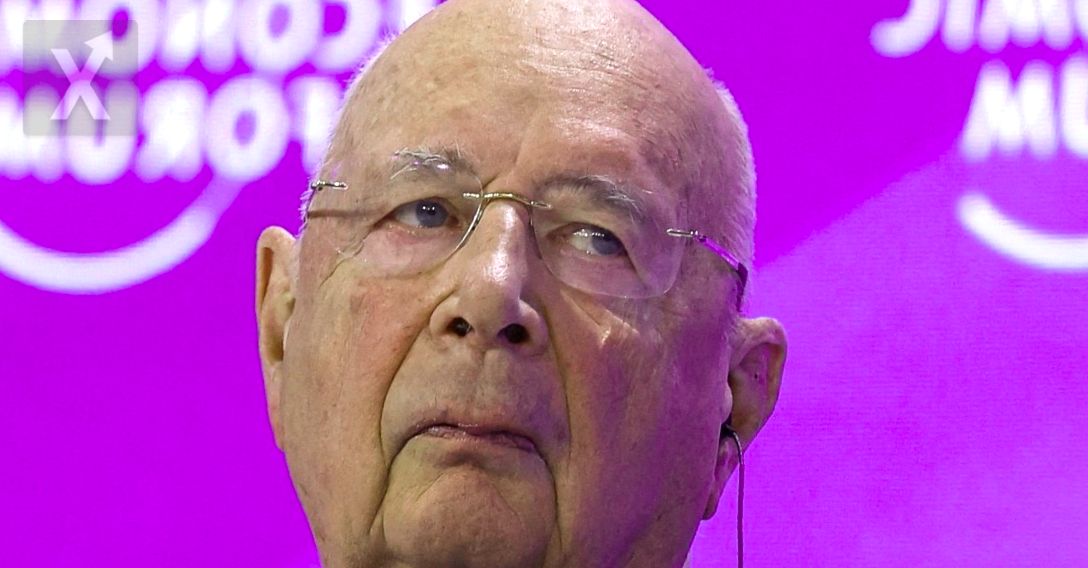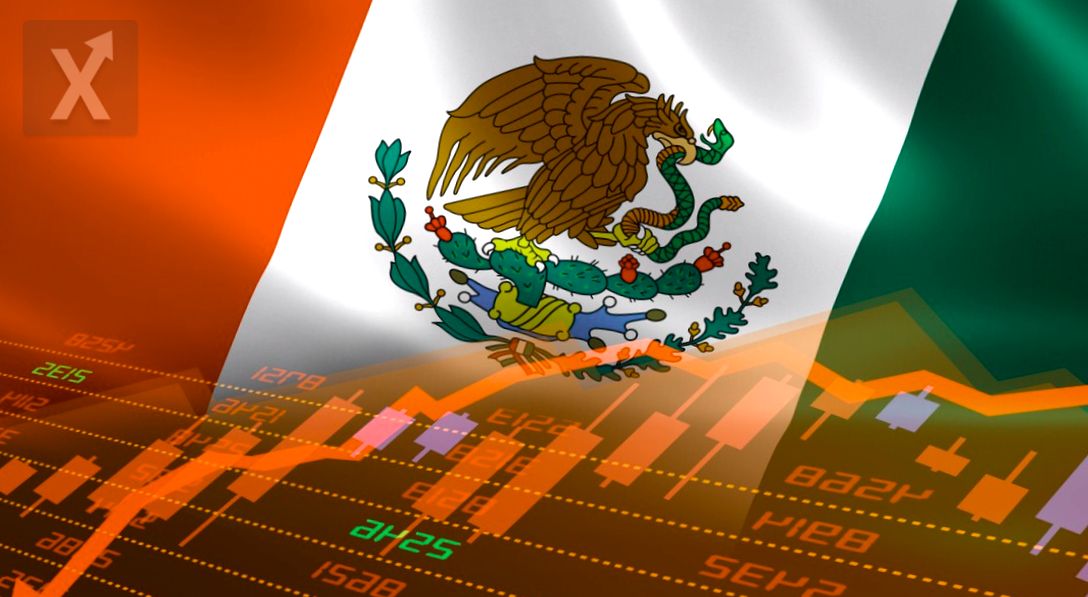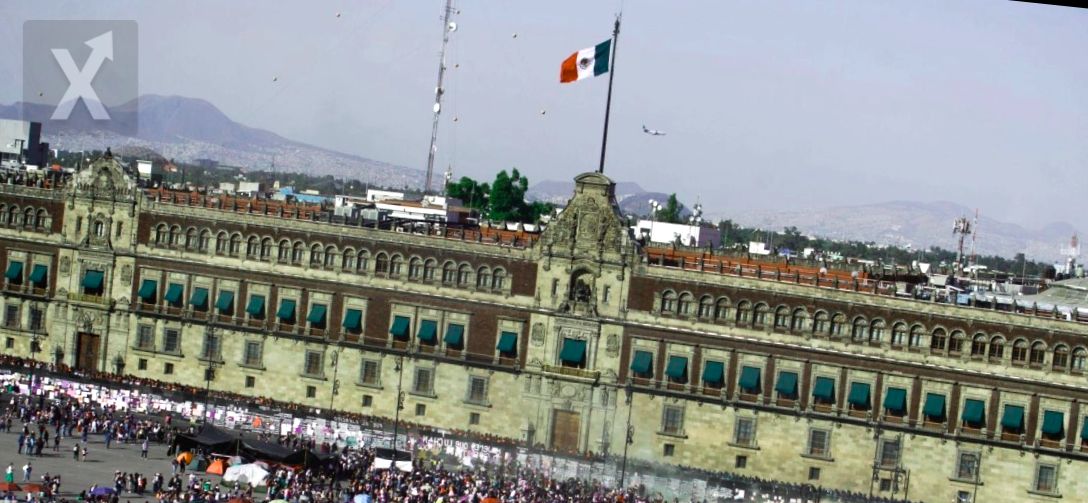Recession Signals Accumulate in the U.S.: What Do Experts Say?

Concerns about an economic recession in the United States, triggered by the trade war initiated by President Donald Trump, are being shared by some of the most influential bankers globally. The latest warning came from Apollo Global Management, where Torsten Slok, their chief economist, mentioned in an interview with CNBC that if tariffs remain at current levels, "we will see a recession in 2025."
Talks of "stagflation" and WTO forecasts
In simple terms, an economic recession is defined as a contraction in Gross Domestic Product (GDP) for at least two consecutive quarters. Currently, major financial institutions maintain that the reciprocal tariffs announced by Trump, which took effect on April 2 for several countries and include an increase of up to 145% on tariffs against China, could trigger a recession. Slok estimates there is a 90% chance this will happen, with GDP potentially declining by about four percentage points, assuming the tariffs remain unchanged after a 90-day extension. He warned that this situation could lead to bankruptcies from small shops to large corporations. This isn't the first time such an alert has been issued; for instance, JP Morgan previously predicted a U.S. recession and an unemployment rate of 5.3% by year-end, all tied to the trade war. Additionally, the economic contraction could come along with an increase in inflation, a phenomenon known as "stagflation." This is unusual, as a decline in demand and consumption typically leads to falling prices. However, "the inflationary pressure we anticipate in the coming months could be more intense than the inflation that followed the pandemic, as nominal income growth has decreased lately," argued Michael Feroli, chief economist at JP Morgan in the U.S.
In another forecast on April 9, Goldman Sachs raised the chances of a recession to 65% over the next 12 months, attributed to the tariffs, coupled with a 1% decline in GDP and an unemployment rate of 5.7%, figures that align with JP Morgan’s estimates. David Solomon, CEO of Goldman Sachs, continued to warn about economic risks even after Trump announced a 90-day extension for the reciprocal tariffs, heading toward greater uncertainty and potentially negative impacts from the trade war on both the U.S. and global economies. Similarly, on April 11, Larry Fink, CEO of BlackRock, emphasized that the tariff moratorium wouldn't be sufficient, suggesting that the U.S. might already be in recession during these months, noting that "we will see a general slowdown until there is more clarity." The World Trade Organization also joined in the grim forecasts, cutting its outlook for global trade, warning that if Trump resumed all his tariffs, the growth of goods trade would decrease by 0.6 percentage points, and another 0.8 percentage points due to indirect effects, potentially leading to an overall decline of 1.5%, the highest figure since 2020. A particularly strong decrease is expected in North America, where exports could fall by as much as 12.6%.
President Trump has criticized Federal Reserve Chairman Jerome Powell, labeling him a "big loser" for not cutting rates, even suggesting the possibility of firing him. Powell finds himself in a challenging position, having implemented a restrictive monetary policy for months to combat the highest inflation in decades, but now facing rising prices due to Trump’s tariffs. The Federal Reserve has kept interest rates between 4.25% and 4.5% since early 2025 in a wait-and-see posture. An attack on the Fed's independence would not only undermine its reputation but also affect the perception of U.S. assets, including Treasury bonds. "It's undeniable that the reputational damage to the American brand is real and won't go away overnight," commented Stephen Innes of SPI Asset Management.
In summary, the economic outlook does not look good for the United States and, consequently, for the rest of the world. The interconnectedness of economies can make a recession in the U.S. have strong repercussions in other countries, including Mexico. It is crucial for investors to pay attention to these indicators and stay informed to make more informed financial decisions.





